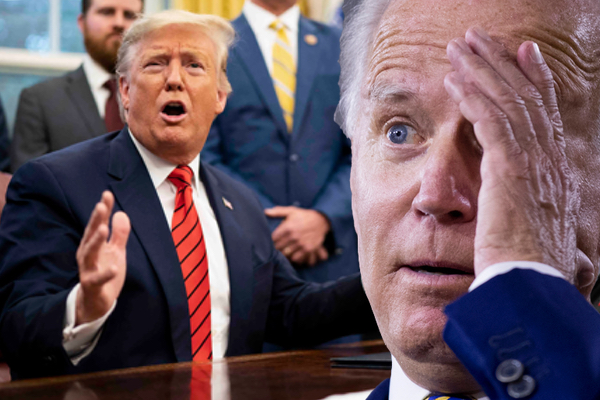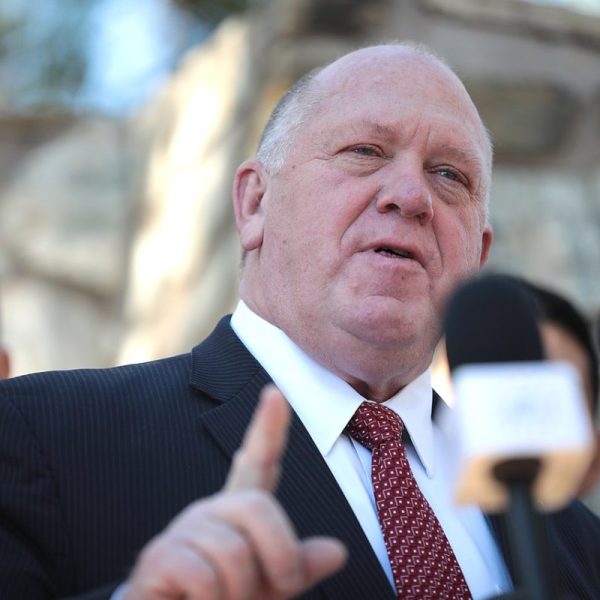In a bustling diner in middle America, where the aroma of fresh coffee mingles with the chatter of early risers, a conversation unfolds that echoes across the nation. It’s a discussion about justice, fairness, and the future—a conversation that resonates deeply with Republican values.
President-elect Trump has once again stirred the national dialogue with his bold suggestion of potential pardons for those incarcerated due to their involvement in the January 6 Capitol events. This comes as a direct response to President Biden’s contentious decision to pardon his son, Hunter Biden, an act Trump has decried as a “miscarriage of justice” on his Truth Social platform.
“Does the Pardon given by Joe to Hunter include the J-6 Hostages, who have now been imprisoned for years? Such an abuse and miscarriage of Justice!” Trump posted Sunday evening, sparking widespread speculation about his plans once he assumes office in January.
Trump’s comments arrive on the heels of his triumphant 2024 election victory and underscore his commitment to addressing what many see as inequities in how justice is served. While he hasn’t explicitly promised clemency yet, his previous expressions of empathy towards those prosecuted suggest a strong inclination towards action. The idea of mass pardons has invigorated his base while drawing fierce criticism from political adversaries.
The repercussions from January 6 have been significant. Over 1,200 individuals have faced federal charges, leading to diverse sentences ranging from misdemeanors to serious felonies like assaulting law enforcement officers and seditious conspiracy. Critics argue these prosecutions unfairly targeted Trump supporters, whereas others assert that the penalties were warranted given the magnitude of the breach.
Some prominent sentences include:
– Enrique Tarrio: Former Proud Boys chairman received 22 years, marking the longest sentence tied to January 6.
– Stewart Rhodes: Oath Keepers founder sentenced to 18 years for seditious conspiracy.
– David Dempsey: Received 20 years for multiple assaults on police officers during the riot.
Trump’s remarks followed intense backlash against Biden’s sweeping pardon for Hunter, which cleared him of federal charges spanning from 2014 to 2024, including tax evasion and illegal gun purchases. Critics, including Trump himself, perceive this move as politically driven and emblematic of a double standard in justice.
Legal analysts like CNN’s Elie Honig have noted the political ramifications. “We’re already seeing Trump’s team framing this as ‘what an injustice, now we get to do the same thing,’” Honig observed, underscoring how Biden’s decision might politically backfire.
As January looms closer, Trump’s allusion to pardons is set to heighten tensions further. Both sides are preparing for how he will navigate this politically charged issue. As we ponder these developments, one must ask: How will this chapter in American politics shape our understanding of justice and equality?




Leave a Comment